Viral-vector gene therapies use revised viruses as drug-delivery vehicles to introduce specific DNA sequences – encoding genes, regulatory RNAs (for example, small interfering RNAs [siRNAs]), or other therapeutic substrates – into cells.
The technology has long drawn interest for its potential advantages over traditional modalities. Many types of therapeutic agents (for example, enzymes, antibodies, and siRNAs) can be encoded in DNA sequences that can be rapidly designed and synthesised once a target is identified.
Viruses serve as effective delivery vehicles for these sequences because of their ability to enter cells efficiently and potentially gain access to hard-to-reach, highly specific cells. In combining these features, viral-vector gene therapies can be used to modify gene expression in a programmable way, offering the flexibility to potentially treat a wide spectrum of diseases – including rare monogenic diseases by gene replacement and broad-population diseases by controlling gene expression – and help disease prevention by immunisation.
Nearly all gene therapies currently offered use one of three vector types: adeno-associated-virus (AAV) vectors, adenovirus vectors, or lentivirus vectors. AAV and adenovirus vectors are usually used in gene therapies that are directly administered to patients by infusion or local administration (in vivo), with AAV being the most common vector for areas outside of oncology and vaccines. Lentivirus vectors are typically used for ex vivo therapies, in which cells gathered from a patient are modified in the lab before transplantation.
This piece primarily focuses on in vivo gene therapies; however, many of the challenges and advances discussed are appropriate across both routes of administration.
The Mantell Associates Cell & Gene Therapy division specialise within viral-vector gene therapies, and are well positioned to help you grow your team or find your next opportunity. Get in touch with us at +44 (0)20 3854 7700.

